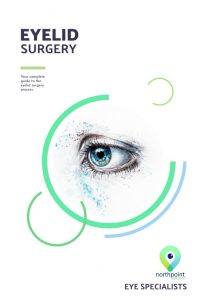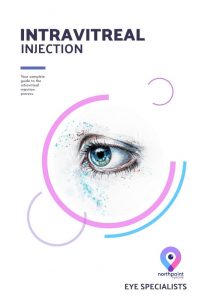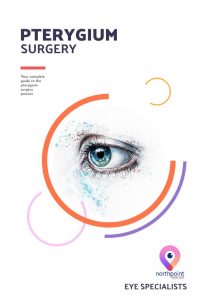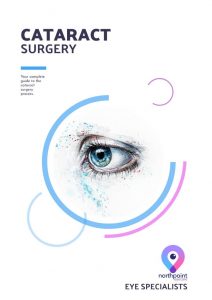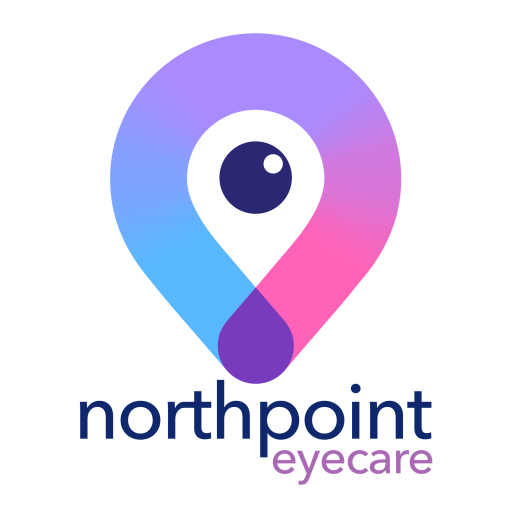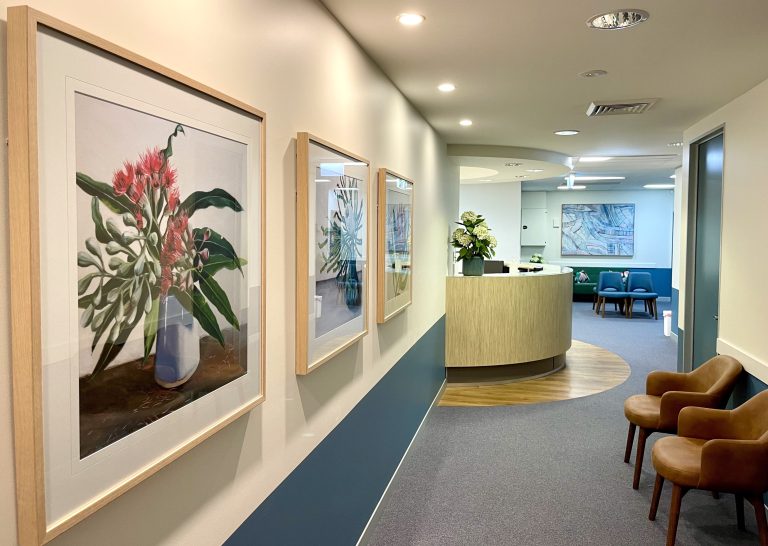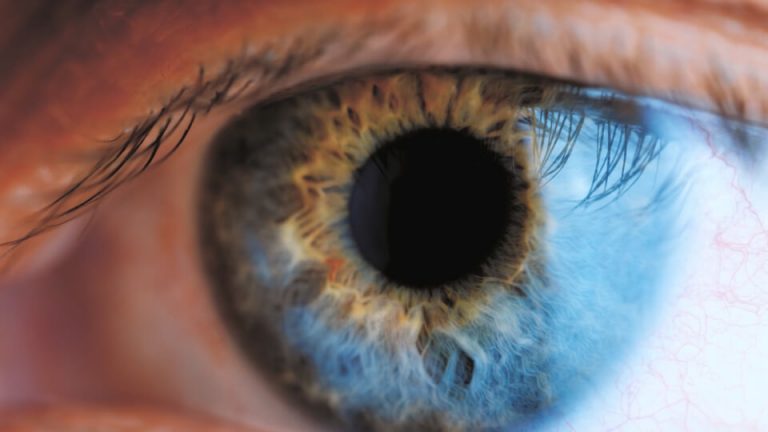Intravitreal injection FAQs
This information has been provided to guide you through the injection process. It is important that you read and understand all the details provided. If you have any questions please feel free to ask, we value that you feel comfortable and well informed about your procedure.
Before your procedure
Most procedures will take place in our minor operations theatre at Northpoint Eye Care. We feel that this is the most comfortable way for patients to receive an intravitreal injection. Opportunity for admission to North Lakes Day Hospital exists for those patients who have private health insurance cover for this procedure in a day hospital setting. This option is also available to those patients who have significant anxiety surrounding the injection, where twilight sedation is available.
Anaesthetic
Prior to the procedure your eye is anaesthetised with a course of anaesthetic drops. These can sting initially but they will take away the majority of the discomfort from the procedure.
If your injection will take place at North Lakes Day Hospital, the procedure date will be arranged by our rooms. Details and links are provided below.
The hospital will talk to you prior to your procedure to arrange an admission time. The staff will discuss with you your individual needs, medical history, medications, allergies and dietary requirements. You will be provided information on fasting requirements.
Importantly: If you become unwell, start antibiotics, or have any other surgery or wounds then please inform your ophthalmologist or the hospital staff before your procedure. It is possible that these conditions may delay your procedure.
NORTH LAKES DAY HOSPITAL
- 7 Endeavour Boulevard, North Lakes Qld 4509
- Tel: 07 3833 6755
- Fax: 07 3491 3614
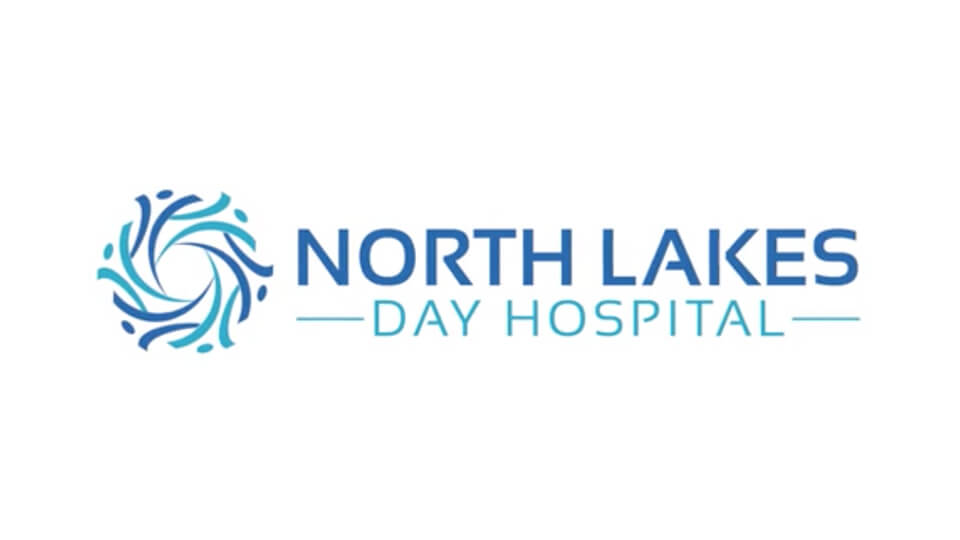
- It is important that you ask a relative, carer or a friend to bring you to and from your procedure.
- You are not able to drive yourself from the procedure.
- Paperwork
- Make sure you understand and sign your consent form.
- Complete the online health assessment form or bring all your hospital documentation if you are going to the hospital.
- You do not need a referral for the hospital admission, however, an active referral is required for all visits in the doctor’s rooms.
- If your procedure is in the rooms, take all regular medications and eat as you normally do.
- Do not stop any blood thinning / anticoagulant medications.
- If you are fasting for sedation at the hospital, take all your regular medications with a sip of water on the morning of the surgery. For diabetic patients having an afternoon procedure, continue your normal medications with an early breakfast before 6am (patients for afternoon procedure are usually asked to come to the hospital for admission after 11am). For diabetic patients having a morning procedure, do NOT take any diabetic tablets but take half your normal dose of insulin the morning of surgery. Once you arrive in hospital, we will check your blood sugar levels and provide management if necessary. Shortly after your operation you will be provided with some food and drink, and your diabetic medications can be resumed.
- You will only need to fast if you are one of the few people going to the hospital for sedation.
- If your procedure is in the morning, then fast from midnight the night before.
- If your procedure is in the afternoon, then no food or drinks for at least six (6) hours before surgery.
- Sips of water only, can be taken up to two (2) hours before surgery.
On the day of your procedure
The majority of people will have their procedure at Northpoint Eye Care. This will usually be done in conjunction with your appointment. Anaesthetic drops will be given by our staff to make your eye numb. You will then move into the minor operations theatre. Here you will lie down, the eye will be cleaned with betadine and covered by a special sterile drape. Keep your hand by your side and do not reach up to your face, even if you have an itch. If you feel like you are going to cough or have any other problem, then talk to us or slowly lift your hand, and we will pause the procedure and sort out any issues easily. At the end of procedure, the sticky drape will be removed and a pad and/or shield applied to your eye. You will be able to go home immediately after the procedure.
The following outlines the process if you are to have the intravitreal injection in a day surgery facility.
The staff will endeavour to ensure your comfort and will guide you through the procedure. First you will be checked in. You will go through a series of basic tests and may be asked several safety questions, to check the side of the procedure and your allergies. You will then be given a series of eye drops to make your eye numb. This will be done in the relaxing pre-operative area.
You will then be taken through to your individual anaesthetic room to meet your anaesthetist. They will undertake a further health assessment. Your anaesthetist will then start the surgical process by giving you light sedation. This makes the procedure pain free, and most people are relaxed and unconcerned by it.
You will then move into the operating theatre. You may be aware at the time, however, you may also not recall this stage following the procedure. The procedure will not take long. You will be covered by a special thin sterile drape and will have plenty of oxygen underneath this through nasal prongs. There will be music to listen to if you are awake. You will not feel any pain, but if you do please inform the staff and the surgeon. Just talk to us, do not nod or shake your head. Keep your hand by your side and do not reach up to your face, even if you have an itch. If you feel like you are going to cough or have any other problem, then talk to us or slowly lift your hand, and we will pause the procedure and sort out any issues easily. At the end of procedure, the sticky drape will be removed and a pad and/or shield applied to your eye.
After the procedure you will enter the recovery stage of the procedure. You may feel lightheaded but this will quickly pass. You will be given something to eat and drink and when you are up to it, your carer will be called to take you home. Your discharge paperwork and lubricant drops will be provided at the hospital.
After your procedure
- Most people recover very quickly following intravitreal injection.
- You may feel tired and unsteady for a few hours if you have had sedation
- Your eye may feel gritty, mildly sore and watery.
- You may notice glare or floaters in your vision.
- There may be mild redness or a small red area of blood on the eye (subconjuncival haemorrhage)
- Avoid rubbing the eye.
- Mild discomfort is best treated with tablets such as Panadol.
- If you notice a decrease in vision, increasing redness, or increasing pain you must contact your ophthalmologist immediately, either by calling the rooms during office hours or their mobile number after hours.
- Immediately after the procedure it is important to stay at home with your carer, and be careful moving around for the first one to two days.
It is unusual to experience severe pain following an intravitreal injection. After your procedure if you notice a decrease in vision, increasing redness, or increasing pain, excessive discharge or bleeding then you must contact your surgeon immediately, either by calling the rooms during office hours or their mobile number after hours.
- Most patients will have a white eye pad or a plastic shield placed over the eye.
- Remove the eye pad or shield when instructed after your procedure (usually at least 2-3 hours).
- Gently wipe around your eye with a tissue.
- There may be mild irritation or discomfort and your vision may be blurred.
- Antibiotic drops are not required.
- Regular lubricant drops are all that is needed.
- You can take lubricant drops 3-4 times a day for the first few days after your injection.
- Wipe away any overflow, gently with a tissue.
- Continue to use your other eye drops (especially Glaucoma drops), unless directed to stop.
- Ensure you have washed your hands prior to instilling drops.
- Gently wipe any excess tears or drops away with a clean tissue without putting any pressure on the eye.
- Avoid eye rubbing.
- You can shower as normal
- Avoid water, soap or shampoo in the eye for a day.
- Hair washing is acceptable.
- Do not wear eye makeup for three days.
- Avoid direct trauma to the eye.
- If you have had sedation at the hospital, it is recommended that you do not drink alcohol, sign important documents or make important decisions or travel on public transport for 24 hours following your procedure.
- Reading, watching television, puzzles, sewing, knitting etc are all suitable to commence immediately following the procedure.
- Care should be taken with bending, straining or lifting heavy objects for at least a week.
- Strenuous activity or activities such as lawn bowls, fishing, and golf should be avoided for 24 hours. Walking for exercise is acceptable as long as it is not strenuous.
- Swimming should be avoided for at least a 48 hours following intravitreal injection.
- Try to avoid sleeping on the side of the injected eye for the first few days.
- If you have had sedation, do not drive or operate mechanical equipment for at least 24 hours after the procedure. It is not legal to do so. Check with your surgeon when you will be able to drive again.
- If you have had the procedure in the rooms, then you can recommence driving the day following your procedure.
- Do not travel for at least a week after an intravitreal injection. This is so we can give you the most appropriate care if needed.
- Flying is usually safe the following day, but again we ask you not to travel within a week of your procedure.
Most people will not need time off work following the procedure, only for the day of the procedure. Care must be taken the following day with respect to driving to work if you have had sedation, as above.
Your prescription glasses will not need to be changed after an intravitreal injection.
Sunglasses are advised after your injection if you experience excess gla
You will have follow-up appointments arranged after your injection, depending on your response to the treatment and the other conditions in your eye.
If you have any concerns after your procedure, in office hours, contact the reception (07) 33850900 or if after hours your surgeon directly.
E-BOOKS
